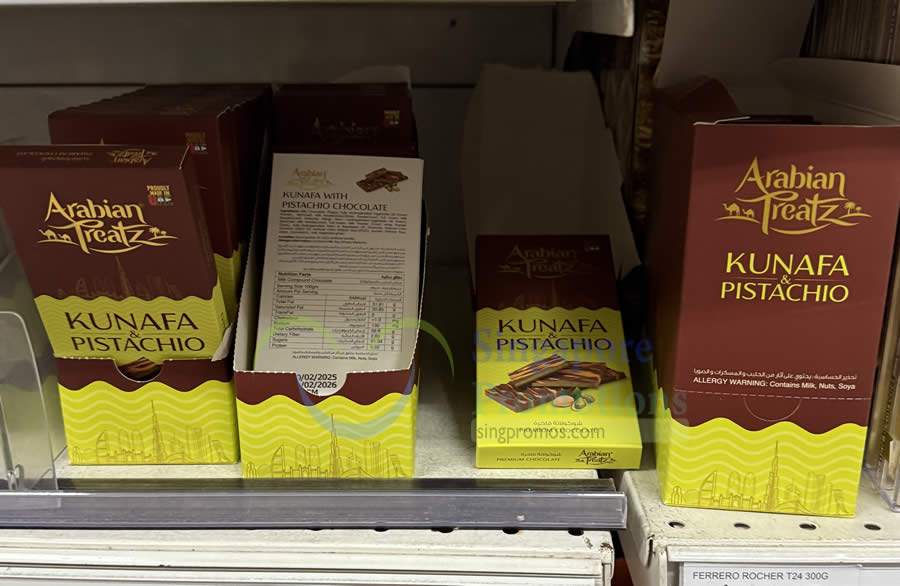
The exam period in Singapore can be a pressure cooker for students. Long hours of studying, late nights, and the weight of academic expectations can take a toll, not just mentally, but physically. While hitting the books is essential, fueling your body with the right nutrients is equally crucial for optimal brain function, sustained energy, and effective stress management. This guide provides tailored nutritional advice for Singaporean students navigating the challenges of exam season.
The Brain-Body Connection: Why Nutrition Matters During Exams
Think of your body as a high-performance machine, and your brain as its central processing unit. Just like a car needs the right fuel to run efficiently, your brain needs specific nutrients to function at its peak, especially during periods of intense cognitive demand:
- Enhanced Cognitive Function: Nutrients like omega-3 fatty acids, B vitamins, and antioxidants play a vital role in memory, concentration, and learning – all critical for exam success.
- Sustained Energy Levels: Instead of relying on sugary snacks that lead to energy crashes, a balanced diet provides a steady release of energy, helping you power through those long study sessions.
- Stress Management: Certain foods can influence your mood and stress response. A nutrient-rich diet can help regulate stress hormones and promote a sense of calm during a demanding time.
- Improved Sleep Quality: What you eat can impact your sleep patterns. Consuming balanced meals and avoiding stimulants close to bedtime can contribute to better sleep, which is essential for memory consolidation and overall well-being.
- Stronger Immune System: Stress can weaken your immune system. A diet rich in vitamins and minerals can help bolster your defenses, keeping you healthy and focused on your studies.
Singaporean Student Staples: Smart Food Choices for Exam Success
Leveraging familiar Singaporean food culture and making mindful choices can significantly impact your exam performance:
- Complex Carbohydrates for Sustained Energy: Opt for whole grains like brown rice (found in healthier nasi lemak options or economic bee hoon), wholemeal bread (for sandwiches), and oats (for breakfast). These release energy slowly, preventing energy dips. Avoid refined carbohydrates like white rice, white bread, and sugary cereals.
- Lean Protein for Focus and Satiety: Include sources like fish (pan-fried or steamed), chicken breast (in healthy chicken rice or noodle dishes), tofu (in various local preparations), and eggs. Protein helps you feel fuller for longer and provides amino acids essential for brain function.
- Healthy Fats for Brain Power: Don’t shy away from healthy fats like those found in avocados (add to your roti prata or have as a snack), nuts (almonds, walnuts – a handful as a study snack), seeds (chia seeds in drinks or yogurt), and oily fish (like salmon, if accessible). Omega-3 fatty acids are particularly beneficial for brain health.
- Vibrant Fruits and Vegetables for Vitamins and Antioxidants: Embrace the colorful variety of local fruits and vegetables. Include leafy greens (kangkong, cai xin), colorful peppers (in stir-fries), tomatoes (in noodles or salads), bananas (a quick energy boost), papayas, and oranges. These are packed with vitamins and antioxidants that protect brain cells and support overall health.
- Stay Hydrated with Water: Singapore’s humid climate makes hydration crucial. Keep a water bottle handy and sip throughout the day. Avoid sugary drinks and excessive caffeine, which can lead to dehydration and energy crashes. Consider herbal teas or plain water infused with fruits like cucumber or lemon.
- Mindful Snacking: When hunger pangs strike during study sessions, choose healthy snacks like fruit slices, yogurt (plain or with added fruit), a small handful of nuts, hard-boiled eggs, or wholemeal crackers with hummus. Avoid processed snacks, chips, and sugary treats.
Navigating Exam Stress: Mindful Eating Habits
Stress can often lead to unhealthy eating patterns. Here’s how to cultivate mindful eating habits during exams:
- Plan Your Meals: Avoid impulsive, unhealthy choices by planning your meals and snacks in advance.
- Don’t Skip Meals: Skipping meals can lead to energy dips and poor concentration. Ensure you eat regular, balanced meals.
- Eat Slowly and Mindfully: Pay attention to your food and avoid eating while distracted by studying. This can help you recognize fullness cues and prevent overeating.
- Limit Sugary and Processed Foods: These can provide a temporary energy boost followed by a crash, and they offer little nutritional value.
- Be Mindful of Caffeine Intake: While a moderate amount of caffeine can help with alertness, excessive intake can lead to anxiety, jitters, and sleep disturbances.
- Listen to Your Body’s Hunger and Fullness Cues: Eat when you’re genuinely hungry and stop when you’re satisfied, not overly full.
Quick & Healthy Meal Ideas for Busy Singaporean Students:
- Quick Noodles: Opt for wholemeal noodles with plenty of vegetables and lean protein (chicken, fish, tofu). Limit the amount of processed sauces.
- Rice Bowls: Prepare balanced rice bowls with brown rice, grilled chicken or fish, and a variety of colorful steamed or stir-fried vegetables.
- Sandwiches/Wraps: Choose wholemeal bread or wraps filled with lean protein (tuna, chicken), vegetables (lettuce, tomato, cucumber), and a healthy spread like avocado or hummus.
- Soup with Wholemeal Bread: Hearty vegetable soups with added lentils or beans provide warmth and nutrients.
- Yogurt with Fruits and Nuts: A quick and nutritious breakfast or snack.
The Takeaway: Fueling Your Success
Eating well during exam periods is not just about sustenance; it’s about strategically fueling your brain and body for peak performance. By making mindful food choices that align with Singapore’s diverse culinary landscape and adopting healthy eating habits, you can enhance your focus, manage stress, and ultimately ace those exams. Remember, nourishing yourself is an investment in your academic success and overall well-being.









